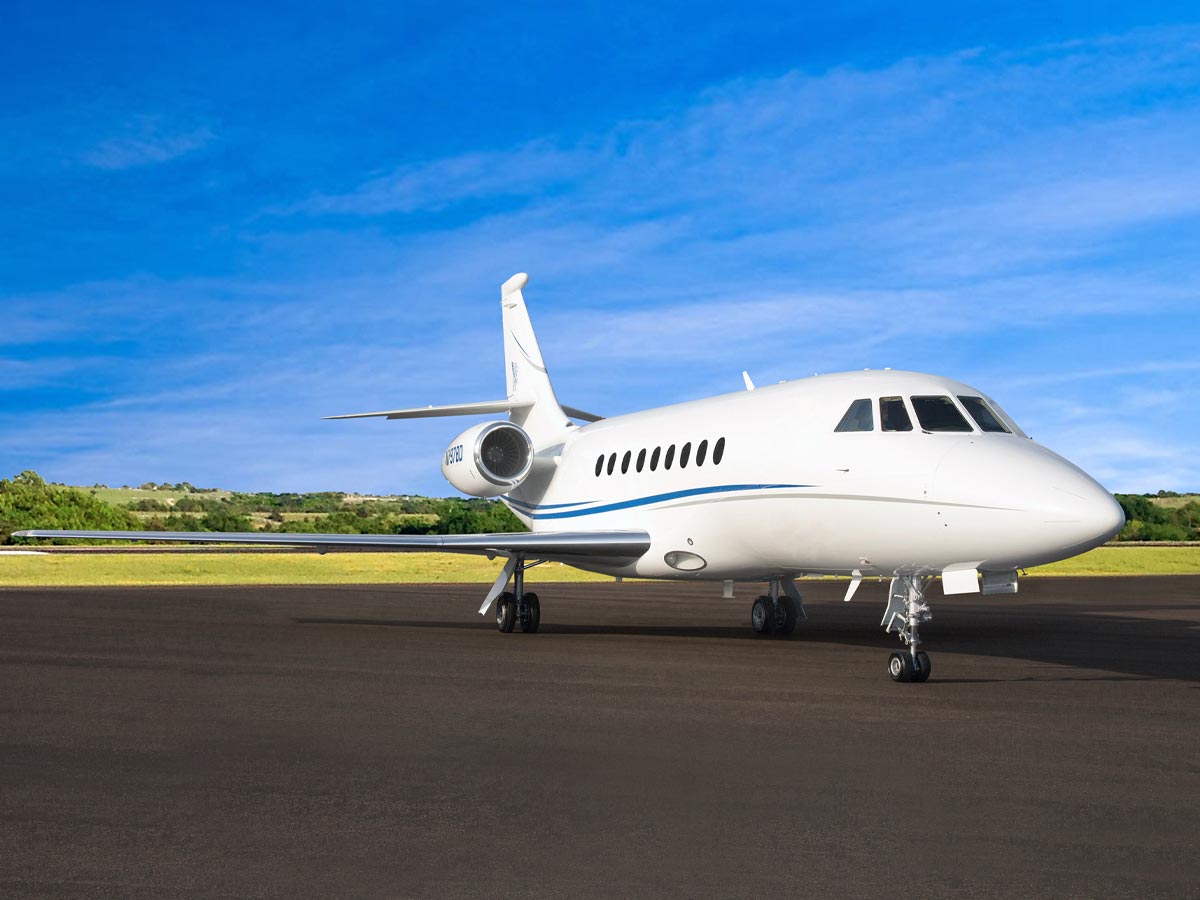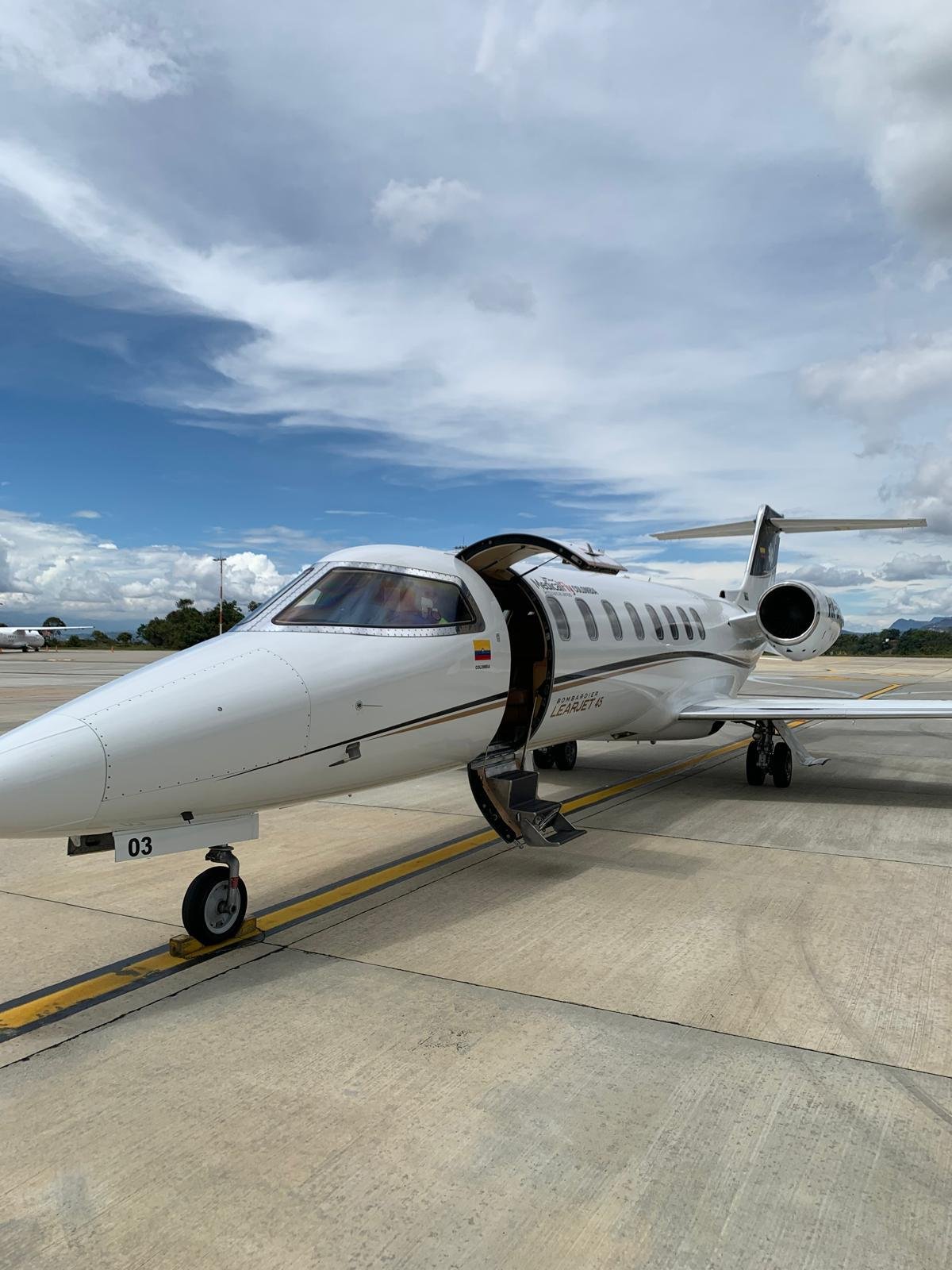Lately, the demand for private jet flights has soared, marking a big shift in the best way affluent people and companies method air journey. As soon as considered a luxurious reserved for the elite, private aviation has grow to be more and more accessible, with a rising number of options catering to numerous needs and budgets. This article delves into the components driving the rise of private jet flights, the evolving market panorama, and the implications for travelers and the aviation trade.
The worldwide private jet market is projected to grow substantially, with estimates suggesting an increase from $22 billion in 2021 to over $35 billion by 2030. This development might be attributed to a number of key components, together with the growing wealth of excessive-internet-value people, the desire for personalised travel experiences, and the need for flexibility in an ever-changing world.

Considered one of the first drivers of this pattern is the rising variety of billionaires and millionaires worldwide. In keeping with the 2021 Knight Frank Wealth Report, the variety of extremely-high-internet-value individuals (UHNWIs) – those with belongings exceeding $30 million – has elevated considerably, particularly in regions such as North America, Asia, and the Middle East. As these people seek to optimize their time and travel experiences, private jet flights provide a handy and luxurious solution that industrial airlines typically can not match.
Moreover, the COVID-19 pandemic has accelerated the shift towards private aviation. With concerns about well being and safety on commercial flights, many travelers have turned to private jets as a safer various. The ability to regulate the travel surroundings, from the variety of passengers to onboard providers, has made private jet flights an appealing alternative for those trying to minimize publicity to potential well being dangers. Actually, companies like NetJets and Flexjet reported a surge in demand for private jet charters through the pandemic, as travelers sought to avoid crowded airports and adhere to social distancing measures.
The appeal of private jet travel extends beyond well being concerns. Many travelers are drawn to the personalised service and luxury amenities that come with flying privately. From gourmet catering to personalized itineraries, private jet companies try to offer an unparalleled travel experience. If you cherished this short article and you would like to receive extra information relating to cheap private jet charter prices (privatejetscharter.review) kindly check out the internet site. Passengers can take pleasure in the freedom to choose their departure occasions, keep away from long safety lines, and access hundreds of airports that commercial airways do not serve. This stage of convenience is especially engaging to enterprise travelers who need to maximize their productiveness whereas on the go.
As the marketplace for private jet flights continues to develop, so too does the range of options obtainable to shoppers. Traditionally, private jet ownership was the first means of accessing this luxurious mode of journey. Nonetheless, the rise of fractional ownership and jet card packages has made private aviation extra accessible to a broader viewers. Fractional ownership allows people to buy a share of a jet, offering them with a certain number of flight hours every year, while jet card applications supply pre-paid flight hours on a variety of aircraft without the long-time period commitment of ownership.
Moreover, the emergence of on-demand charter companies has revolutionized the private aviation panorama. Corporations like Blade and Wheels Up have leveraged know-how to streamline the booking process, allowing travelers to e book flights with just some clicks on their smartphones. This democratization of private jet travel has opened the door for a new era of travelers who may not have beforehand thought of flying privately.
Regardless of the many benefits of private jet travel, there are additionally challenges and criticisms related to the industry. Environmental considerations have come to the forefront because the aviation sector grapples with its carbon footprint. Private jets are sometimes criticized for his or her excessive emissions in comparison with commercial flights, resulting in calls for more sustainable practices throughout the industry. In response, some private jet companies are investing in sustainable aviation fuel (SAF) and exploring electric and hybrid aircraft choices to scale back their environmental impact.
Furthermore, the rise of private jet flights has sparked discussions about social fairness and the notion of privilege. As extra people take to the skies in private jets, considerations concerning the environmental influence and the growing divide between the rich and most of the people have emerged. Critics argue that the increasing normalization of private aviation may contribute to a tradition of excess and entitlement, particularly in a world nonetheless grappling with the consequences of the pandemic and economic disparities.
The future of private jet flights is likely to be formed by a mixture of innovation, sustainability, and changing shopper preferences. As know-how continues to advance, we will expect to see improvements in flight effectivity, safety, and customer expertise. Using synthetic intelligence and knowledge analytics is already being employed to optimize flight routes and enhance operational efficiency, whereas developments in electric propulsion know-how hold the promise of greener aviation solutions.

Furthermore, the ongoing evolution of the private jet market may lead to new enterprise models that prioritize sustainability and accessibility. As travelers develop into more conscious of their environmental impression, firms that successfully combine eco-friendly practices into their operations could find themselves at a aggressive advantage.
In conclusion, the rise of private jet flights represents a significant shift in the aviation landscape, pushed by altering client demands, technological developments, and the need for personalized journey experiences. While the trade faces challenges related to sustainability and social fairness, the way forward for private aviation is poised for continued growth and innovation. As more individuals embrace the comfort and luxurious of flying privately, the skies may develop into more and more crowded with jets, redefining the way in which we think about air travel within the twenty first century.



